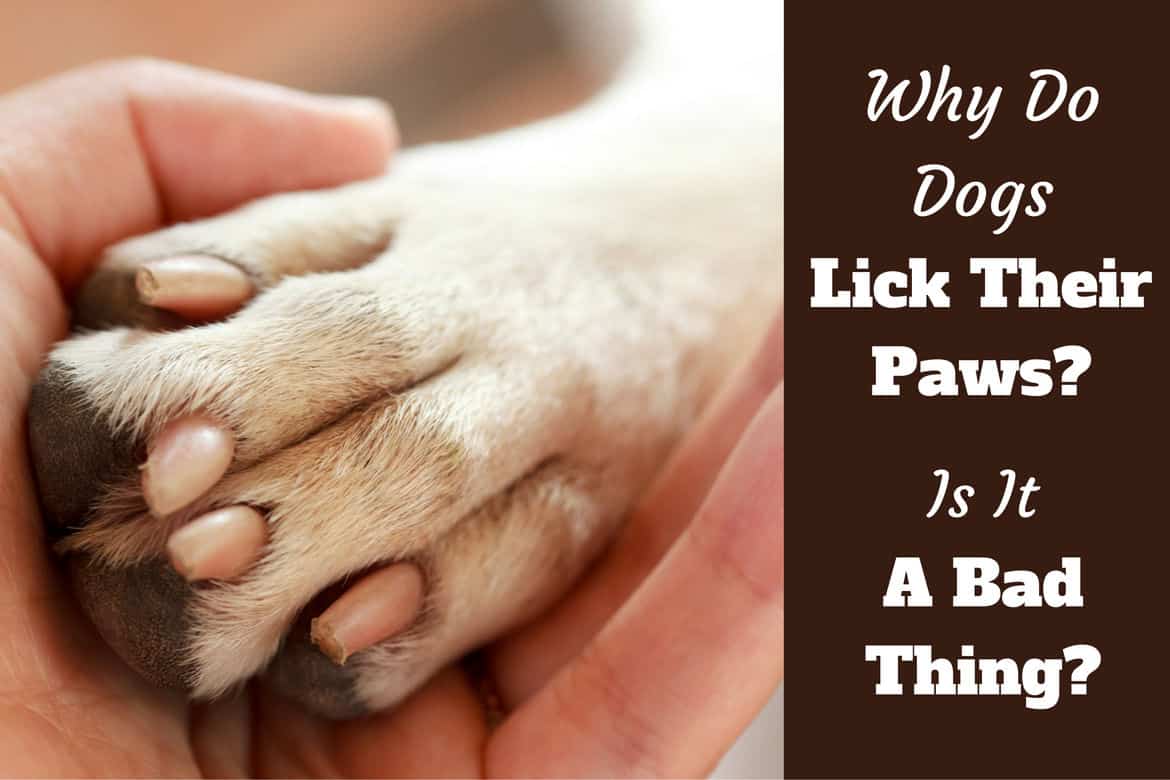Soothing Sensitive Paws: Finding What Works Best for Your Dog
Have you ever noticed your dog licking their paws more than usual, or perhaps they seem a bit tender when you touch their feet? Our canine companions experience the world through their paws, traversing sidewalks, parks, and trails alongside us. Just like our own feet, their paws can become dry, cracked, or even injured. Understanding how to care for our dog's paws is an act of love, ensuring they can continue exploring the world comfortably by our side.
The pads on a dog's paws are remarkably tough, designed to withstand varying terrains and temperatures. Yet, despite their resilience, they're not impervious to the elements. Hot pavement, rough surfaces, and even allergens in the environment can take a toll on these sensitive pads. Over time, dryness, cracking, and irritation can occur, causing discomfort and even leading to infections if left untreated.
There are a myriad of products and home remedies available to soothe and protect our furry friend's paws. From natural balms made with beeswax and coconut oil to specially formulated paw waxes that create a barrier against harsh conditions, the choices can seem overwhelming. It's important to consider the specific needs of your dog, taking into account their breed, activity level, and any existing sensitivities.
Beyond topical treatments, simple practices can make a world of difference in preventing paw problems. Regular paw checks, especially after walks, can help identify any debris, cuts, or irritations early on. Trimming the hair around the paw pads can prevent matting and the accumulation of allergens. And during scorching summer days or frigid winter walks, providing booties can shield those precious paws from extreme temperatures.
Caring for your dog's paws isn't merely about aesthetics; it's about prioritizing their overall well-being. By being attuned to their needs and taking proactive steps to protect their paws, we can ensure they remain happy, healthy adventurers for years to come.
Advantages and Disadvantages of Different Paw Protection Methods
Choosing the right paw protection for your dog depends on the situation and your dog's individual needs. Let's weigh the pros and cons of common options:
| Method | Advantages | Disadvantages |
|---|---|---|
| Paw Balms/Waxes | Easy to apply, provide a protective barrier against harsh surfaces and weather, often contain moisturizing ingredients. | May need frequent reapplication, some dogs dislike the feeling, not suitable for treating injuries. |
| Dog Booties | Offer maximum protection from extreme temperatures, sharp objects, and allergens. | Can be a challenge to put on, some dogs find them uncomfortable, may need time to adjust to wearing them. |
| Home Remedies (coconut oil, shea butter) | Natural and often affordable, can soothe dry and cracked paws. | May not provide sufficient protection against harsh conditions, can be messy, may not be suitable for all dogs. |
Best Practices for Healthy Paws
Implementing these practices can help keep your dog's paws in top shape:
- Regular Paw Checks: Make it a habit to inspect your dog's paws after walks, looking for cuts, debris, or signs of irritation.
- Keep Paws Clean and Dry: After walks, especially in wet or muddy conditions, gently wipe your dog's paws with a damp cloth and dry thoroughly.
- Trim Nail Regularly: Overgrown nails can affect gait and make paws more susceptible to injuries. Trim nails regularly or consult a groomer.
- Be Mindful of Surfaces: Avoid walking your dog on hot pavement or in extreme cold whenever possible.
- Consult Your Vet: If you notice any persistent paw issues, such as licking, redness, or swelling, consult your veterinarian to rule out any underlying medical conditions.
Common Questions About Dog Paw Care
Here are answers to some frequently asked questions about caring for your dog's paws:
- Q: How often should I apply paw balm? A: This depends on the balm and your dog's activity level. Generally, applying balm before and after walks, or as needed, is a good starting point.
- Q: Can I use human lotion on my dog's paws? A: It's best to avoid using human lotions as they can contain ingredients that are harmful to dogs if ingested.
- Q: My dog keeps licking their paws. What should I do? A: Excessive licking can be a sign of allergies, infections, or other underlying issues. Consult your veterinarian to determine the cause.
- Q: How can I get my dog used to wearing booties? A: Start by associating the booties with positive experiences, like treats and praise. Gradually increase the wearing time as your dog becomes more comfortable.
- Q: What are some signs of paw injuries? A: Look for limping, licking or biting at paws, redness, swelling, bleeding, or visible cuts or abrasions.
- Q: What should I do if my dog has a cut on their paw? A: Clean the wound gently with warm water, apply an antiseptic solution, and contact your veterinarian.
- Q: Are there any specific breeds prone to paw problems? A: Yes, breeds with sensitive skin or those that are active in harsh environments may be more prone to paw issues.
- Q: How can I protect my dog's paws in the winter? A: Use paw balm or wax, consider booties for walks on snow or ice, and wipe paws thoroughly after being outside to remove salt and de-icing chemicals.
In the tapestry of caring for our canine companions, attending to their paw health is a thread often overlooked. We walk alongside them, sharing adventures and creating memories. By understanding the importance of paw care, embracing preventative measures, and addressing any concerns with attentiveness, we ensure those journeys are filled with joy, comfort, and the freedom to explore the world, paw in paw, for years to come.
Dominating the gridiron analyzing top nfl draft picks by position
Unlocking fourth grade math magic a deep dive into envision math resources
Unveiling the stories behind wwi australian soldier names














